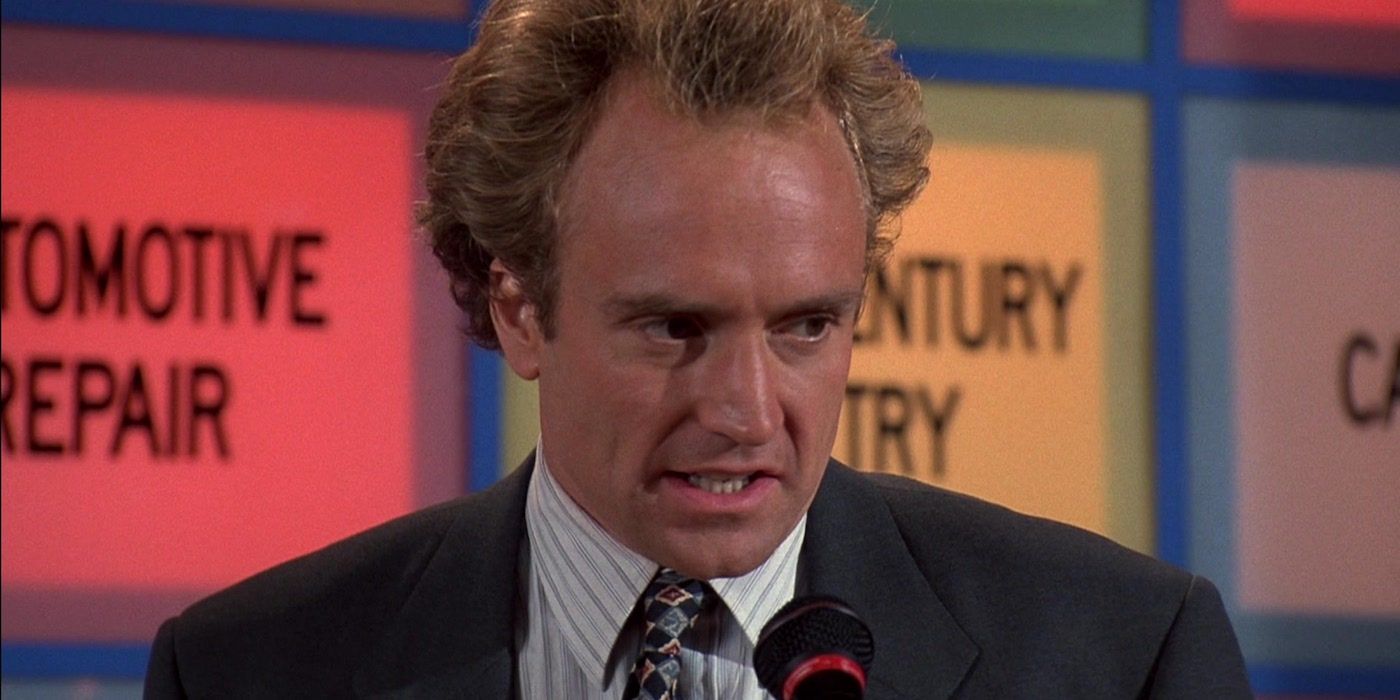Whether it was pioneering the innovative “walk-and-talk” camera technique or simply being one of the most iconic television dramas to ever air, <em>The West Wing</em> consistently surprised audiences by defying expectations. A prime example is creator and head writer Aaron Sorkin, who utilized the traditional holiday episodes typical of television at the time as a vibrant backdrop to delve into sociological issues that were more profound than the show usually explored. While the White House sets sparkled with festive decorations, Sorkin?s narratives in these episodes confronted a stark reality often overlooked by America?s capitalist society: the winter holidays can be a source of deep sorrow for many. For every individual who finds joy in the rituals and customs of Christmas, there are countless others who feel pain for various reasons. Season 2, Episode 10, “Noël,” exemplifies this concept through a raw and intimate depiction of post-traumatic stress disorder (PTSD), helping to destigmatize PTSD while acknowledging the complexities of December’s melancholy.
Discover the Themes and Impact of ‘The West Wing’ Episode “Noël”
Unlike the majority of The West Wing episodes that intertwine multiple subplots featuring a large ensemble cast, “Noël” zeroes in on Josh Lyman (Bradley Whitford), the Deputy White House Chief of Staff and a prominent character. During the Season 1 cliffhanger and Season 2 premiere, Josh and his colleagues in President Jed Bartlet?s (Martin Sheen) inner circle narrowly escaped an assassination attempt. Josh sustained serious injuries, and “Noël” begins on Christmas Eve of that year, focusing on his session with a psychotherapist from the American Trauma Victims Association (ATVA). Reluctantly attending the meeting at the insistence of his coworkers and Chief of Staff Leo McGarry (John Spencer), Josh grapples with a series of uncharacteristic outbursts that have raised concerns among his team.
Josh arrives at the therapy session with his characteristic bravado, armed with sharp one-liners and a laid-back demeanor, but he also bears a hand injury he dismissively attributes to a minor incident. However, as the meeting progresses, Josh becomes increasingly agitated in response to the psychotherapist, Stanley (Adam Arkin), until he uncovers critical insights into questions he wasn’t even aware he was asking. Stanley ultimately diagnoses Josh with PTSD, and the episode concludes with a bittersweet blend of hope and unflinching honesty that other media of the time often shied away from.
Even after nearly 24 years, “Noël” stands out as a remarkable achievement in both production quality and thematic depth. To provide context, post-traumatic stress disorder can manifest after an individual endures or witnesses a life-threatening event or traumatic experience. The National Institute of Mental Health describes the symptoms of re-experiencing trauma as “reliving the trauma repeatedly, which may include physical symptoms like a racing heart or sweating,” and these symptoms can disrupt a person’s daily life by causing increased anger and difficulty concentrating. Furthermore, “words, objects, or situations that trigger memories of the event can evoke re-experiencing symptoms.” While PTSD is often associated with military veterans, anyone can develop PTSD after experiencing a life-threatening or psychologically distressing event, such as surviving a severe car accident or coping with the loss of a loved one. Triggers vary individually; some may be closely tied to the original event, while others may arise in everyday situations.
In Josh’s case, his triggers manifest as sounds that unconsciously evoke memories of emergency sirens ? particularly the brass and string musicians performing in the lobby during the festive December weeks. The experience of hearing “loud” Christmas music, a staple of the season, provokes Josh’s erratic behavior in an increasingly subconscious manner. He displays hostility towards coworkers, and his irritability is disproportionately heightened in response to the situations he encounters; he struggles to process and comprehend his reactions. In a moment of distress, he inadvertently exclaims, “I can hear the damn sirens all over the building,” before quickly correcting himself to “the bagpipes,” as if caught in a fog.

Related
This Bradley Whitford Role Stuck It to the 1% Before That Was a Thing
As Eric Gordon, Bradley Whitford gave us a maniacal villain that satirized the corporate world.
In truth, Josh remains unaware of his own changes and initially mocks Stanley, the therapist. Unspoken is the fact that he feels insulted by the suggestion that he needs help. As the episode reaches its emotional peak during a congressional Christmas performance by renowned cellist Yo-Yo Ma, Josh experiences an overwhelming flashback triggered by the music. This moment forces him to relive the traumatic event, activating his fight-or-flight response and flooding him with adrenaline and panic. The editing style, helmed by episode editor Bill Johnson, creates a visceral experience by alternating between three interconnected scenes: Ma’s captivating performance, Josh’s memories of the shooting, and his interactions within the White House, all while layering the cello’s haunting notes with sounds of sirens, glass shattering, and a frantic knock at Josh’s door. This overwhelming experience effectively conveys the chaos of his mental state, illustrating how Josh, without the ability to recognize his triggers and with no professional guidance, feels utterly helpless while denying that anything is amiss.
Another significant aspect of “Noël” is its exploration of how individuals diagnosed with PTSD may unintentionally misremember traumatic events. Before this episode, The West Wing had not ventured into the territory of unreliable narrators. Viewers, along with the characters, have no reason to doubt Josh’s explanation of how he injured his hand, except for the clear indication that something is profoundly wrong with him. Josh genuinely believes his injury is due to broken glass, rather than the reality of slamming his hand through a window during the cello performance. Stanley points out, “You’re in nine kinds of pain,” underscoring Josh’s confusion as his psyche struggles with damage control. The goal here isn’t for Josh to articulate his feelings and discover a quick fix; the objective is to help him confront and remember his trauma without the need to relive it. The painful hope reflected in Josh’s eyes upon finally having his pain acknowledged is truly heartbreaking. At last, he finds an answer and the understanding he did not realize was possible.
<h2 id="39-the-west-wing-39-s-quot-no-euml-l-quot-episode-wouldn-rs





